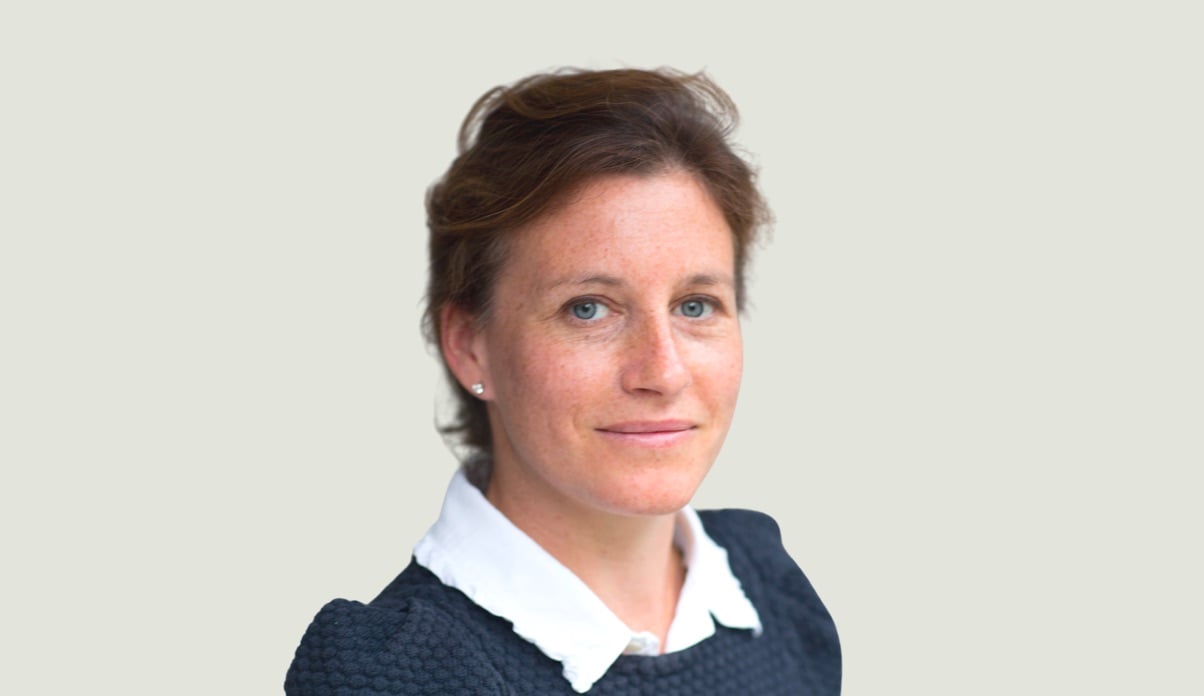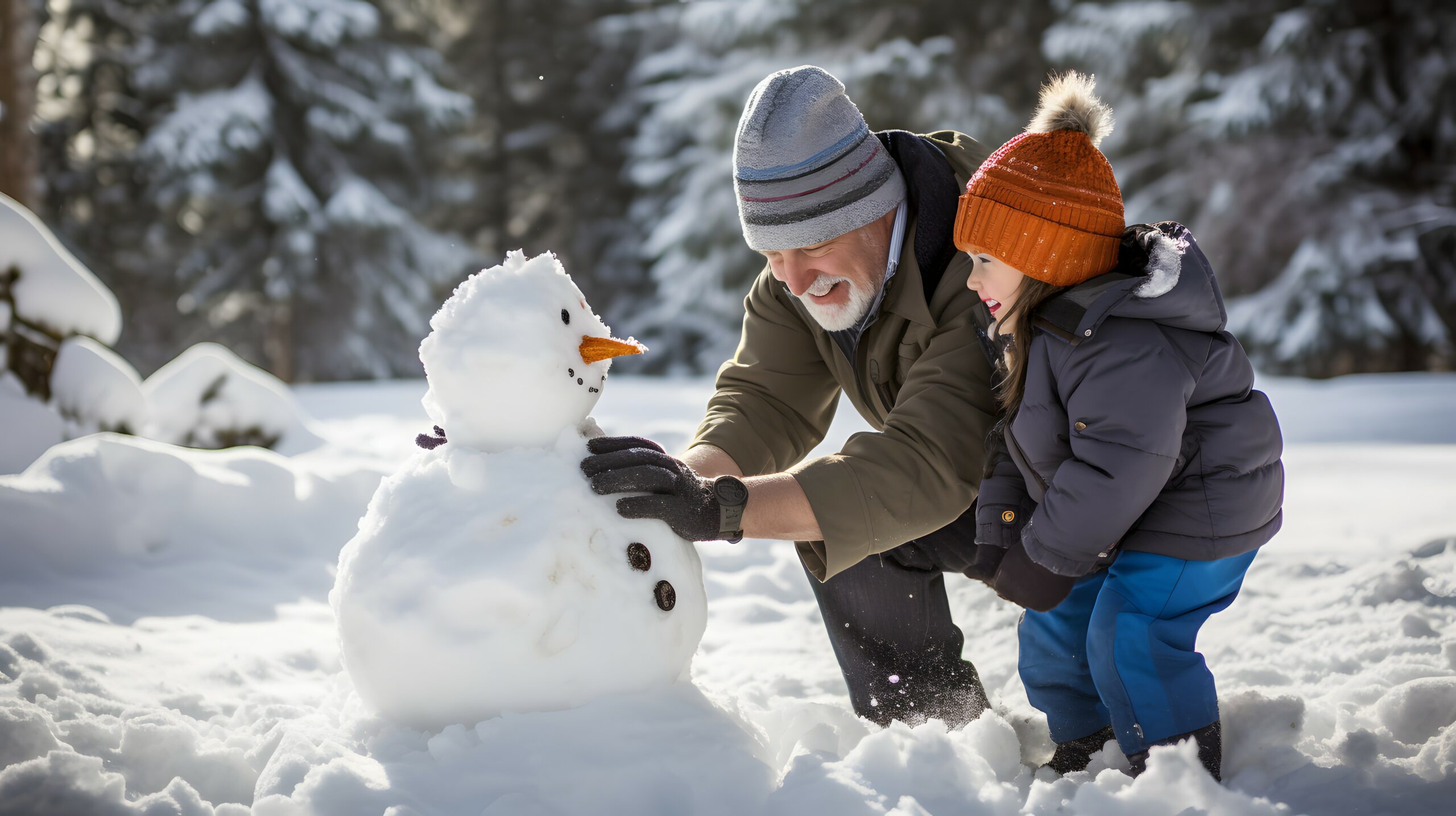What is RSV?
Respiratory syncytial virus (RSV) is in the same family as the human parainfluenza viruses and mumps and measles viruses. RSV is one of the common viruses that cause coughs and colds in winter.
How does RSV affect you?
Respiratory syncytial virus (RSV) is a common respiratory virus that usually causes mild, cold-like symptoms, but it can be serious, especially for infants and older adults. In infants, it is the most common cause of Bronchiolitis, and in older, at-risk adults, it can cause pneumonia or even death.
How is RSV transmitted?
RSV is transmitted by sneezing, coughing or being in close proximity to an infected person. The virus can survive on surfaces or objects for about 4 to 7 hours.
The incubation period – the delay between infection and the appearance of symptoms – is short at about 3 to 5 days.
When does RSV normally circulate?
In temperate climates such as the UK, RSV occurs regularly each year. Epidemics generally start in October and last for 4 to 5 months, peaking in December. The sharp winter peak varies little in timing or magnitude, in contrast to influenza virus infection, which is much less predictable in its timing.
The recent surge in RSV cases
RSV has surged in nearly all populations. It is estimated the average annual hospital admission rate in England related to RSV infection is 71-251 per 100,000 for those aged 65-74 and those over 75 years, respectively. Estimated RSV mortality rates in the UK are as high as 58 per 10,000 (64-75 years high-risk group) and 178 per 100,000 (over 75 years high-risk group) (1).
In the US, recent RSV seasons have caused those numbers in older populations to increase nearly 10-fold, with about 15 out of every 10,000 people older than 50 being hospitalised for their RSV infection (2).
What caused the spike in RSV cases?
The UK population of people older than 60 is larger now than it’s ever been before, and we’ve more people who are immunocompromised than before COVID-19 came about.
People at increased risk for severe infections
- Children under 2 years with immunodeficiency, congenital heart or lung disease. (These children are currently vaccinated by specialist teams in a hospital).
- Adults over 60 years especially those with
- chronic lung or heart disease
- cancer treatments
- organ transplant
- immunocompromised
What can be done?
Recognising the health risks associated with RSV, especially among the older population, health authorities have taken significant steps to provide preventive measures through vaccination.
This year, the Medicines and Healthcare Products Regulatory Agency (MHRA) has authorised the vaccine, Arexvy, for the prevention of lower respiratory tract disease (LRTD) caused by RSV in adults 60 years and older – the first time an RSV vaccine for older adults has been authorised for use in the UK.
The vaccine, produced by GlaxoSmithKline, has already been approved for use in the US and Europe. Further adult RSV vaccines from Moderna and Pfizer are expected to be considered in the coming months.
How effective is Arexvy?
A study of 24,966 older adults published in the New England Journal of Medicine in February 2023 suggested vaccine efficacy against LRTD was 82.6%, while efficacy against serious disease was 94.1% (3).
In adults ages 60 years and older with healthy immune systems, one dose of the RSV vaccine, Arexvy, was 83% effective in preventing lung infections (like pneumonia) due to RSV during the first RSV season after vaccination. During the second RSV season after vaccination, one dose of Arexvy was still 56% effective against lung infections.
In other words, one dose of the RSV vaccine provides protection against RSV disease in adults ages 60 years and older for at least two winter seasons, when RSV normally circulates.
Who should discuss vaccination?
The Centre for Disease Control and Prevention (CDC) recommends that adults aged 60 years and older may consider receiving RSV vaccination, with the decision made jointly by the patient and their doctor using shared clinical decision-making. The approach will be tailored to evaluate if RSV vaccination is suitable for the individual, given that RSV can be an important cause of disease among older adults.
Practicalities
- RSV vaccine is a vaccination into your upper arm
- It is a single dose and protects for two winter seasons
- There is no maximum age for getting RSV vaccination.
- Even if you had an RSV infection in the past, the RSV vaccination can help prevent future respiratory disease from RSV.
Who should not get an RSV vaccination?
You should not get the RSV vaccine Arexvy if you’ve ever had a severe allergic reaction to any component of Arexvy. We recommend speaking to one of our GPs if you have any concerns.
What are the possible side effects?
As with all vaccinations, side effects such as pain, redness, and swelling where the shot is given, fatigue, fever, headache, nausea, diarrhoea, and muscle or joint pain are possible after the RSV vaccination. These side effects are usually mild. Patients who have experienced these symptoms when getting other vaccines might be more likely to experience them after an RSV vaccination.
A small number of participants in clinical trials developed serious neurological conditions, including Guillain-Barré syndrome (GBS), after RSV vaccination. GBS is a rare condition in which your immune system attacks your nerves, causing symptoms such as weakness. However, given the small number, it is unclear whether the vaccine caused these events or whether they occurred due to chance.
Get in touch
The team at Sloane Street Surgery are keen to discuss RSV vaccination with any patient over 60 years old. It is an excellent way of protecting you from this nasty winter virus!
To book an appointment, please follow the link. Or give us a call on 0207 245 9333.
References




